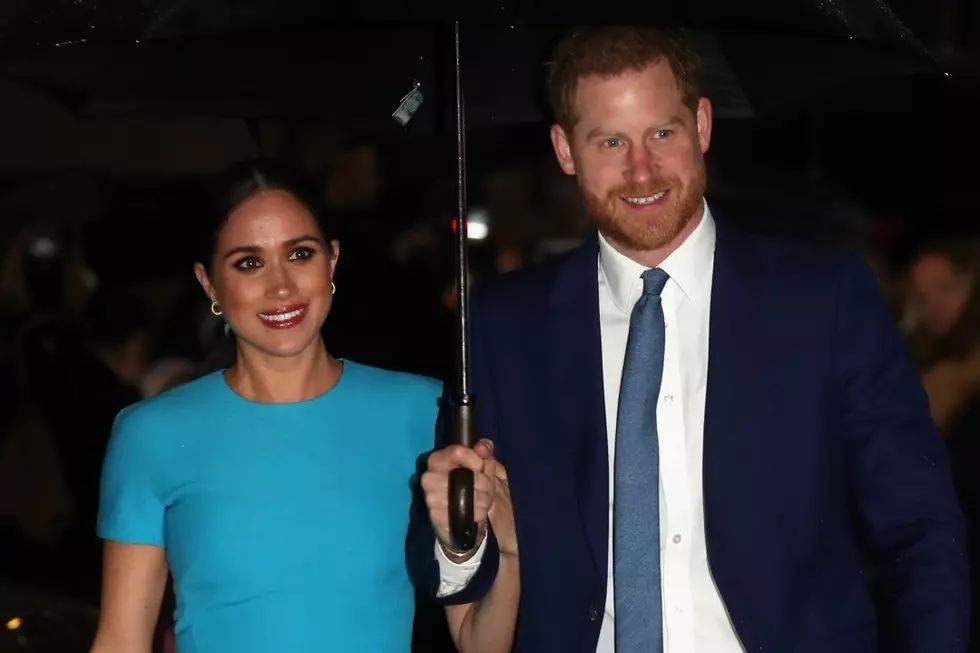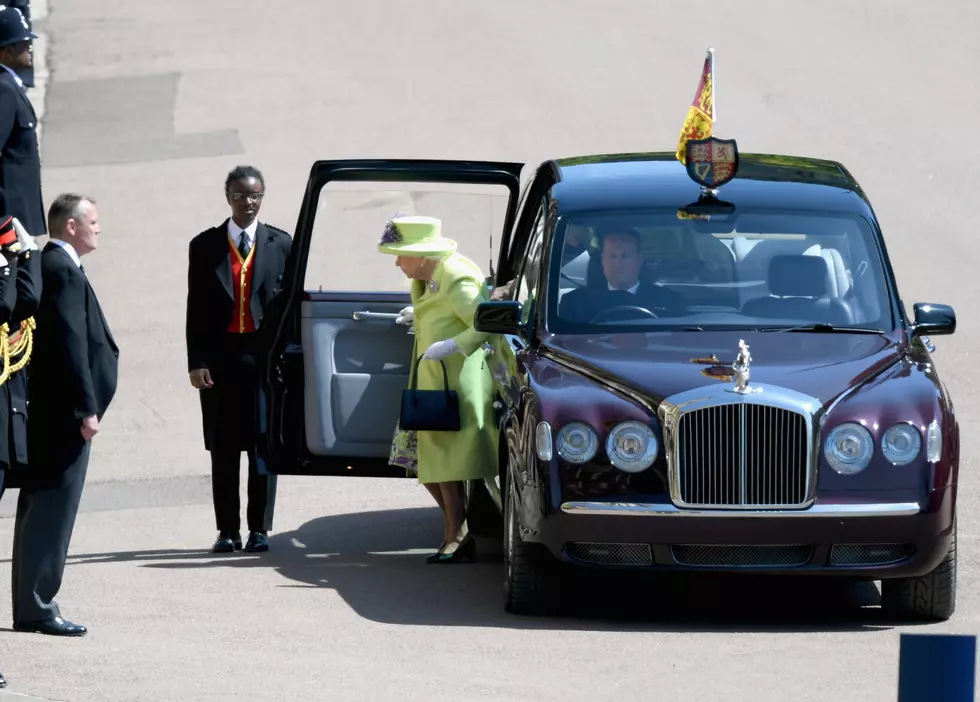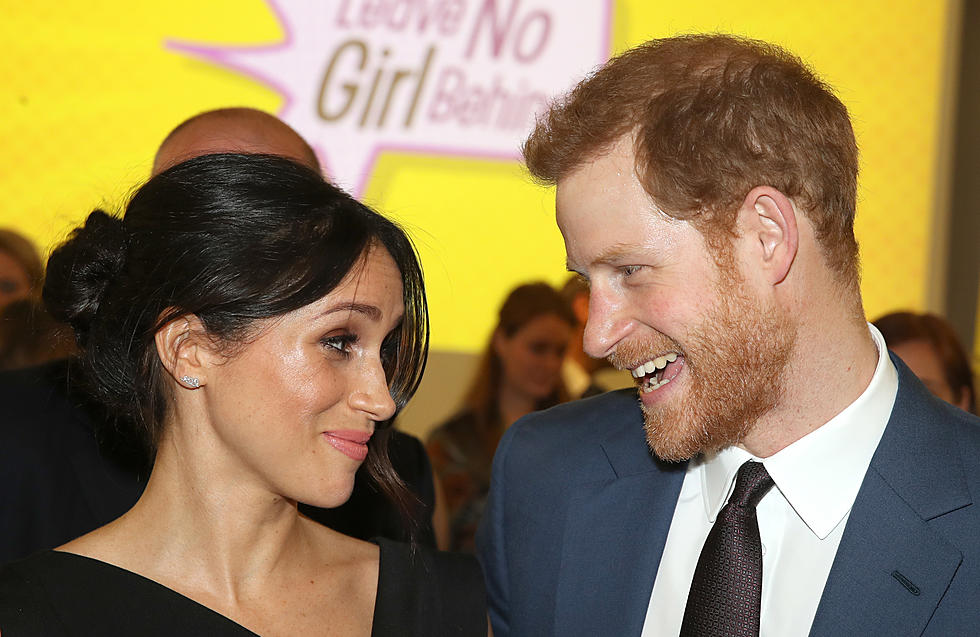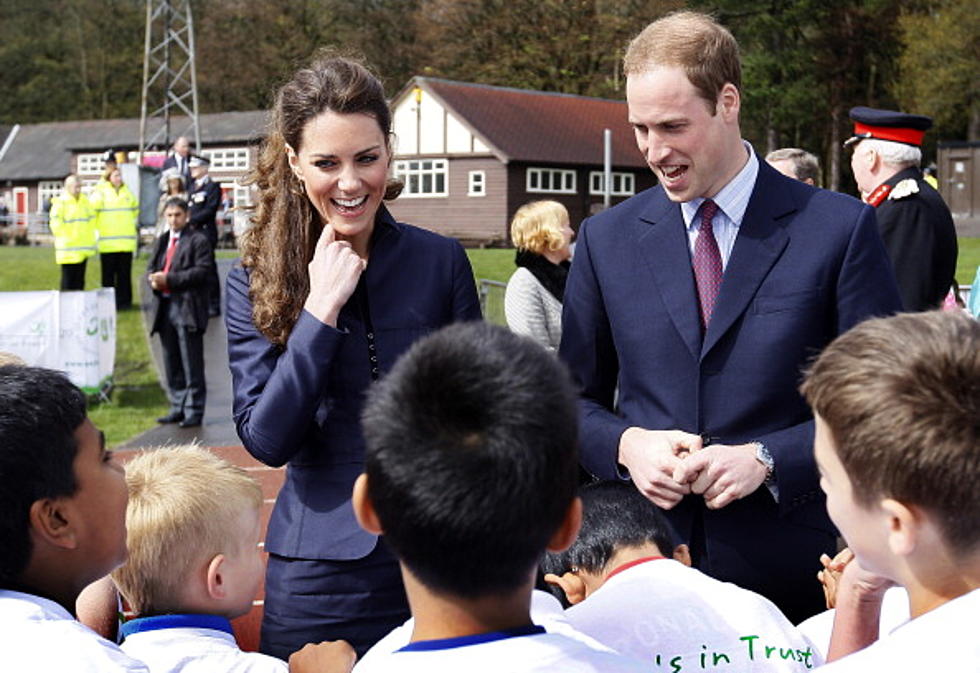
What Is a Fascinator? The Iconic British Royal Wedding Accessory, Explained
After months and months of meticulous preparations and planning, the highly anticipated Royal Wedding between Meghan Markle and Prince Harry is finally upon us.
While Markle's bridal gown will be the undoubted focal point of the once-in-a-lifetime event, guest fashion will play a big role in the overall mood and aesthetic of the celebration, with a very special British accessory primed to make an appearance: the fascinator.
Not quite a hat, not quite a headband, the fascinator is a staple of British formal dressing, and comes in a variety of different shapes, sizes, colors and styles.
Below, find out all there is to know about the fascinator.
- Stuart C. Wilson, Getty Images
Stuart C. Wilson, Getty Images What is a fascinator?
According to Philip Treacy, the famed Irish milliner who is one of two people credited with popularizing the accessory, a fascinator is “a small adornment for the head, attached to a comb, wire, or clip, that perches on the head. No brim, no crown. The term today refers to anything attached to a clip, a headband, or a comb."
Styles range from ornate and elegant to colorful and kitsch, while fascinators can also be teeny-tiny or oversized. Embellishments often include fabric flowers, beads, rhinestones, lace and feathers.
- Jason McCawley, Getty Images
Jason McCawley, Getty Images Why are they called fascinators?
The stylish headwear, which can be traced back to the lace adornments women used to cover their hair with in old world Europe, are largely believed to be called fascinators because they once had to be fastened to the head using a pin or clip.
- Chris Jackson, Getty Images
Chris Jackson, Getty Images What is the history behind them?
After first being introduced to Europe in the 1600s, the fascinator gained popularity in America during the late 1800s. The accessory fell out of fashion by the 1920s and 1930s, when they were replaced by cocktail hats.
However, they experienced a resurgence in the '60s when fashion designer John P. John began designing a new style of head accessory that would work with the bouffant hairstyles in vogue at the time.
- Chris Jackson, Getty Images
Chris Jackson, Getty Images How do you wear a fascinator?
Fascinators are generally worn on the front or side of the head, perched just above the eyebrow. Typically, fascinators should be combined with a simple hairstyle, so your coif isn't in competition with the accessory. Etiquette also says you should be aware of your surroundings when wearing a fascinator so as not to block the view of the person sitting behind you.
- Ben Pruchnie, Getty Images
Ben Pruchnie, Getty Images Where do you wear a fascinator?
Fascinators are quite versatile and can be worn for a variety of events, from weddings to cocktail parties to nights out on the town. In the U.K., women often wear creative fascinators to events like the annual Royal Ascot, similar to how women in the U.S. wear over-the-top hats to the Kentucky Derby.
More From K945, The Hit Music Channel



![The Royal Wedding Gets the Bad Lip Reading Treatment [VIDEO]](http://townsquare.media/site/182/files/2018/05/hqdefault14.jpg?w=980&q=75)






